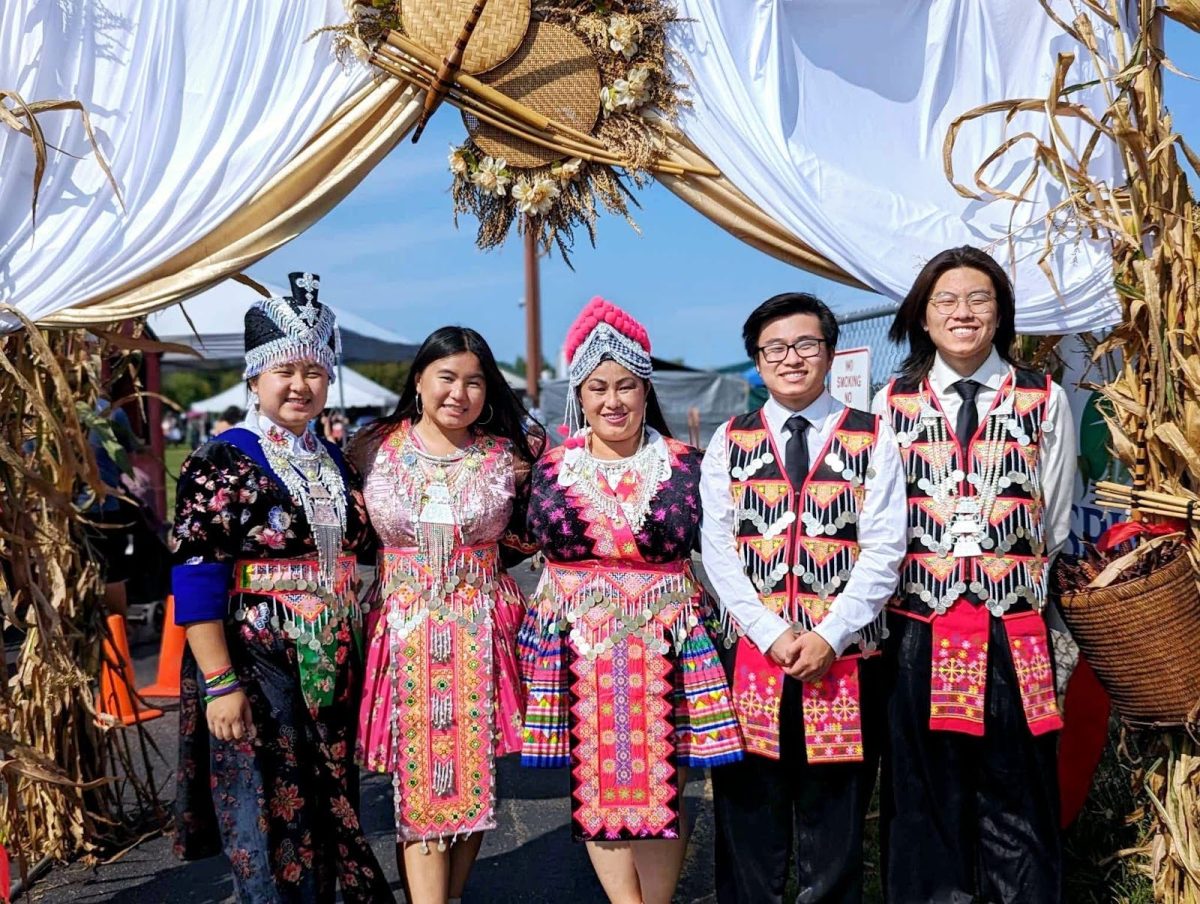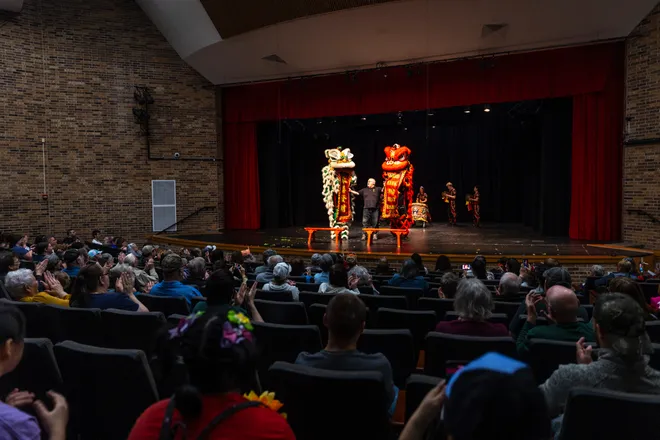With everyone wanting to fit in, it’s a struggle to discover your heritage. It’s hard to recognize where you originated from with the lack of information you are given. If it sparks your curiosity, you should have every reason to find where you came from, as it can provide information on who you are and strengthen your character as you age.
How to Keep Your Hmong Heritage
What started your questioning of your heritage? Learning your identity can be hard when you experience a big change. When you’re an immigrant, it can be hard to balance both cultures at once. I asked my mom, who is an immigrant from Thailand, how do you keep close to your Hmong Heritage since there isn’t a lot of representation here? She stated, “By spreading the tradition more and more down the generations. I still want the youth to know how to wear Hmong clothes, how to celebrate Hmong New Year, and how to do a shaman ritual.” Some families may not be as lucky as mine, where we are surrounded by each other, so we constantly have the chance to learn more. It’s okay to ask around about your culture or research if you need to create a bond. My elders love telling stories about their upbringing, but you never know unless you ask. Telling stories has always been a way of communication with the older generations, I think that is a great way of keeping the Hmong tradition alive. As we grow older, the older generation passing away, the chances of the culture reducing get higher and higher.
How to Overcome Struggles
Learning your cultural heritage doesn’t solve all the problems you may have in your brain. You may start to wonder how you want to present yourself, and it can be confusing. Especially if you live in a diverse country like the U.S., you are surrounded by other cultures and may be influenced by them. An article written by a Hmong American San Jose State University student states, “There is an obvious struggle between choosing assimilation or keeping traditional values since the United States is such an economically driven society. The historically strong roles that identified a functional family in the Hmong culture conflict with the American lifestyle” (Lo 90). Typically, the Hmong culture, even now, is heavily based on gender roles which the younger generation doesn’t agree with. That can be why people don’t want to acknowledge their heritage. American culture is very all together and teamwork. Even when the Hmong culture and American culture clash, to learn how to incorporate both Hmong and American cultures into your life is also nice. The same article states, “The researcher found that the American identity affects the Hmong cultural identity in terms of assimilation because of the lack of historical recognition, racial tensions, conflicts between older and younger generations, and being American-born” (Lo 5). If you lack the connections/ resources to grow closer to your culture, it’s okay to research or ask your parents or friends. You can always learn more, but it’s a 2 way street. If you want to learn more, you have to put effort into it. When growing up in an environment in both a traditional Hmong household and an Americanized household, it can be hard knowing what is right, and in the end, there is no wrong answer. You get to decide how you want to be, but don’t forget about your culture.
Why Does it Matter?
Your heritage, no matter what culture you come from, shouldn’t be forgotten. Your cultural identity plays many parts in your life. For example, your perspective on the world is influenced by your cultural identity. According to an expert, Dr. Victoria Shiroma Wilson, she states, “Your cultural identity is critical to your success because it influences the way you interpret and react to the world around you. Building an awareness of your identity can help you gain a better understanding of the unique contributions you have to offer, both personally and professionally, while shedding light on your blind spots” (Wilson). Being in America may automatically push you to focus on American culture, like sports and tailgates, etc. You may feel pressure from your school, the public, and even social media. Sometimes, it may feel better to get rid of your heritage to be in America’s best interest. However, that shouldn’t stop you from learning about your heritage. Learning about your own culture can open your eyes, help you find yourself, and where you stand personally. You can decide on what you want to represent yourself and who you are. You can choose to celebrate your heritage traditions, dress up in traditional clothes, or maybe not.
Now What?
To focus on American culture in America may seem normal, but it’s also always acceptable to recognize your background. You may not understand everything, but once you get into the loop of finding your ethnic culture, or specifically Hmong, it will all come full circle. Even though I went through this and had many questions, I was able to find myself and my peace. Even if you don’t agree with things that your ethnic culture believes in, I think it’s always nice to know where your heritage started and how it came to this point. In the end, it’s what you want, and it’s okay to be both your ethnic culture and American culture. It’s about how you want to represent yourself.





































































